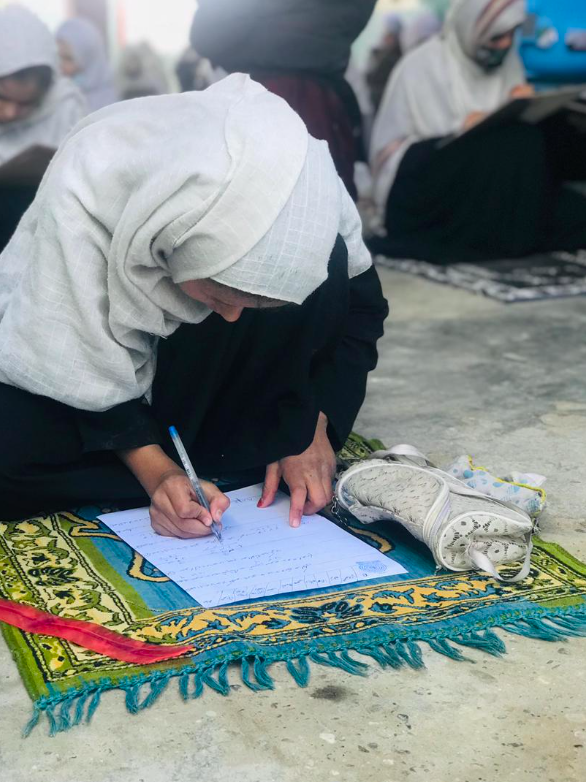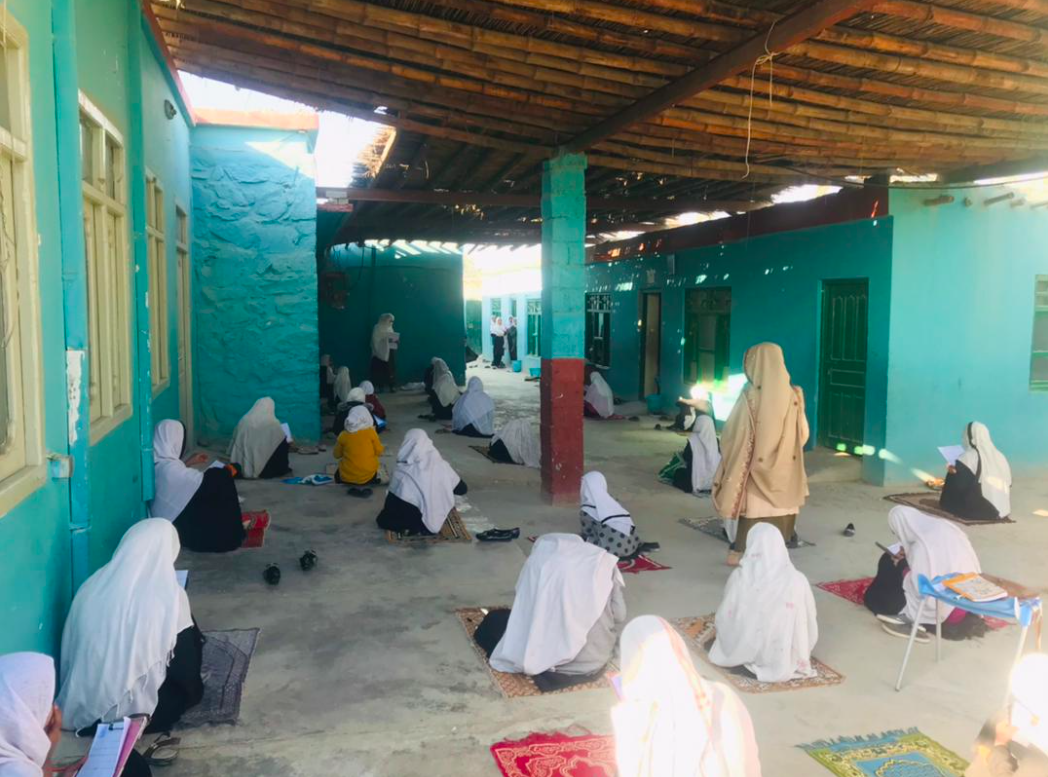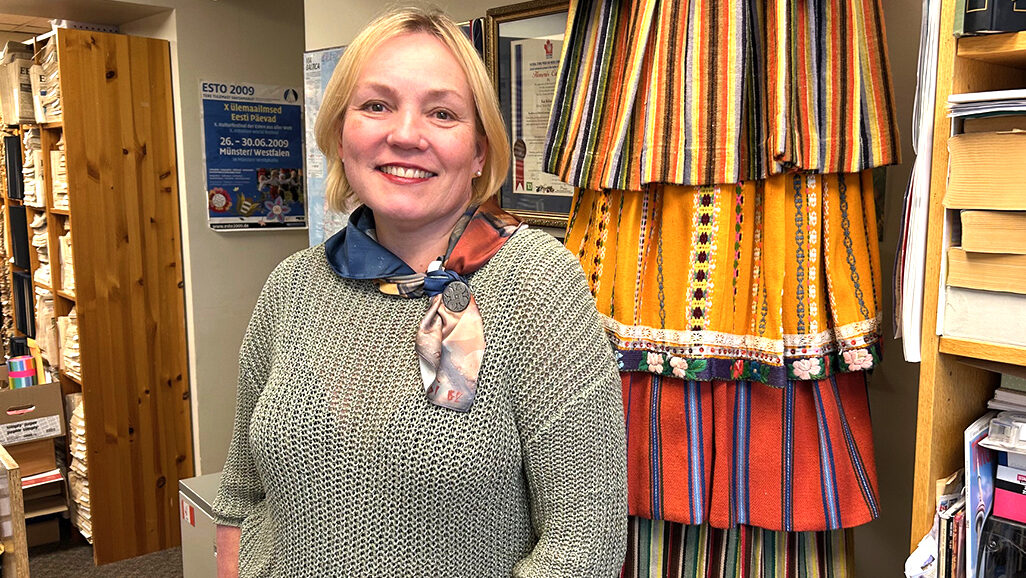Taliban takeover
The plight of Afghan women and girls has gone from bad to worse since the Taliban rose to power in August 2021, after a sudden US withdrawal. Although the Taliban negotiators had previously made promises of respecting the rights of women, the country has fallen back to the old realities of Taliban rule, from 1996 to 2001, when girls were not allowed to attend schools. Although the Taliban claims that they are not against girls studying, that they just need to create the “appropriate” conditions for that to happen, most people no longer buy this explanation. The same excuse was used by the Taliban in the 1990s and schools never opened.
The situation is devastating for girls and women who, for the past 15 years, enjoyed new freedoms, received education and employment, and had a say about their future. Suddenly, women are banned from most education and employment, and even from moving freely outside of their homes without a male companion.
Schooling interrupted
According to UNICEF, 2.5 million (80%) of school-aged Afghan girls and young women are currently out of school. Half of them were previously attending secondary schools and universities. Shortly after regaining power, the Taliban closed most of the country's secondary schools. A ban on women attending higher education came in December 2022, just as students were supposed to start their exams.
Currently, primary education (grades 1-6) is still allowed in separate girls schools with only female teachers. One of those schools is Fatima Zahra girls' school in Jalalabad, in the eastern part of the country. It is a school I’ve come to know through my previous work at the Estonian NGO Mondo. It was running projects in Afghanistan for more than 10 years, starting with school cooperation between Estonian and Afghan schools, and later providing training for midwives with the help of Tallinn Health Care College. The cooperation with Fatima Zahra continues to date, and Mondo provides salaries to its female teachers. “What is remarkable with Afghan pupils is their motivation to learn. Even under difficult circumstances,” says Maari Ross, previous coordinator of the school linking project. “And from an early age the older students are engaged in teaching the younger ones.”
This brings some hope that education is still going on, not in schools, but at homes and unofficial secret schools. Some news agencies are reporting on clandestine classrooms working in secret locations. Hiding school books under their garments, taking different routes every day, avoiding the police and even their own brothers are some of the many hurdles girls need to go through to access education. Teachers in Fatima Zahra, on the other hand, are purposefully failing their students in their 6th grade exams, so that they can stay another year and secretly learn secondary school materials.
Some forms of education are still allowed by the Taliban for girls beyond 6th grade, including religious education and practical skills like cooking and needlework. These religious schools, called madrasas, have seen an upsurge of female students since the Taliban takeover. However, these schools do not provide girls prospects other than being an obedient wife and mother.
Any hope for the future?
The future of a country from which most educated people are fleeing and where half the population is deprived of education and employment doesn’t look promising. Western countries are trying to pressure Taliban to improve the rights of women and girls. One hope is that Taliban will gradually allow education for women. Or again be ousted out from power. In the meantime, it is important to provide support to women in Afghanistan and educate Afghan refugees. Maari Ross says, “The people working in Mondo projects had received education in Pakistan during the first Taliban rule and had very needed skills when they returned to rebuild the country after 2001.” Hopefully, there will again be a day when people can return to build a better Afghanistan.





